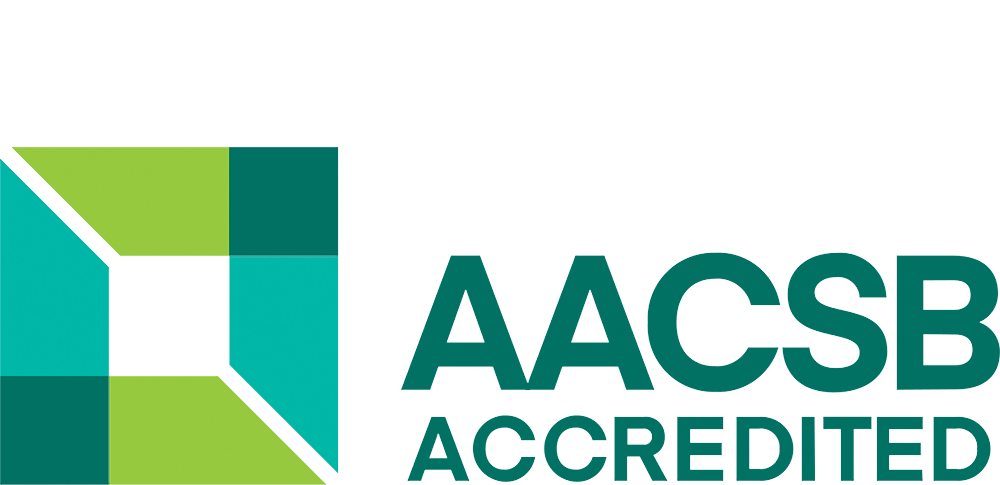
14 May 2021
Should I study abroad for a master in International business?
Studying a Master in international business abroad is always a great way to get ahead of the crowd.
Read the article


28 Feb 2023

In a context of constant change in professions, the company must have a skills' development plan. The objective is to encourage employees to improve their skills at their workstation. With IPAG Online, our distance learning business school, find out how to set up a skills' development plan, its benefits and the types of training available.
Professional training has many advantages for both the employer and the employee. So why do professional training in companies? The development of skills, and the acquisition of new ones, will enable individuals. Whatever their position, to be more efficient, to update their technical skills, to acquire new managerial skills (management, conflict management, etc.) with a view to advancement within the company or to obtain certification.
For the employee, the acquisition of skills is a factor of motivation, recognition and personal fulfilment in the company. For the employer, professional training helps to retain employees, ensure their continued employment and the long-term future of the organisation. To achieve these objectives and improve performance, a skills development plan should be drawn up.
Under the Professional Future Act, the skills development plan has replaced the “training plan” since 2019. It is a tool for steering vocational training that brings together all the training actions that an employer must implement.
This skills development plan is implemented at the initiative of employers. It allows companies to support the development of employees, to improve their professional skills, to help them acquire managerial skills and to ensure that they are adapted to their jobs.
The skills development plan includes two types of training. Compulsory or necessary training enables employees to acquire skills that will be used in their jobs. These actions are organised during working hours with continued remuneration.
Non-compulsory training is designed to allow employees to choose their own training that will enable them to develop professionally. They are also carried out during working hours and the employee's salary is maintained. These non-compulsory actions can be organised outside of actual working time, under certain conditions.
Any type of company can draw up a skills development plan, regardless of its size. When it is implemented, it is the employer who decides who can benefit from a training action. In this case, the employee concerned cannot refuse if the training is compulsory. This training is considered to be part of the normal performance of the employment contract.
The elaboration of a skills development plan must be based on the strategic needs of the company as well as on the skills needs of the employees, which is why several steps are essential:
IPAG Online offers distance training courses leading to a certificate or qualification in order to increase the skills of your employees. Our distance learning courses are designed for those who wish to update their skills or acquire new ones, but for whom face-to-face training is an obstacle.
The advantages of e-learning are numerous. Easily accessible, online professional training courses enable employees to learn at their own pace from the workplace. As part of your skills development plan, IPAG offers in-company training that can be adjusted to your needs, as well as customised in-company training programmes.
To keep up with the trend of changing training needs, IPAG Business School provides a training offer to meet the specific needs of your organisation and to support your company's strategy.

14 May 2021
Studying a Master in international business abroad is always a great way to get ahead of the crowd.
Read the article

13 Jan 2023
Do you want to acquire commercial skills in an international context? The job of international buyer could be for you. Depending on the company's purchasing strategy, the international buyer's job is to find suppliers all over the world and negotiate the best price/quality ratio.
Read the article

08 Jul 2019
All the largest French business schools offer a Bachelor's degree, whether it’s a general business degree or specialised to a certain topic.
Read the article
Application
Contact